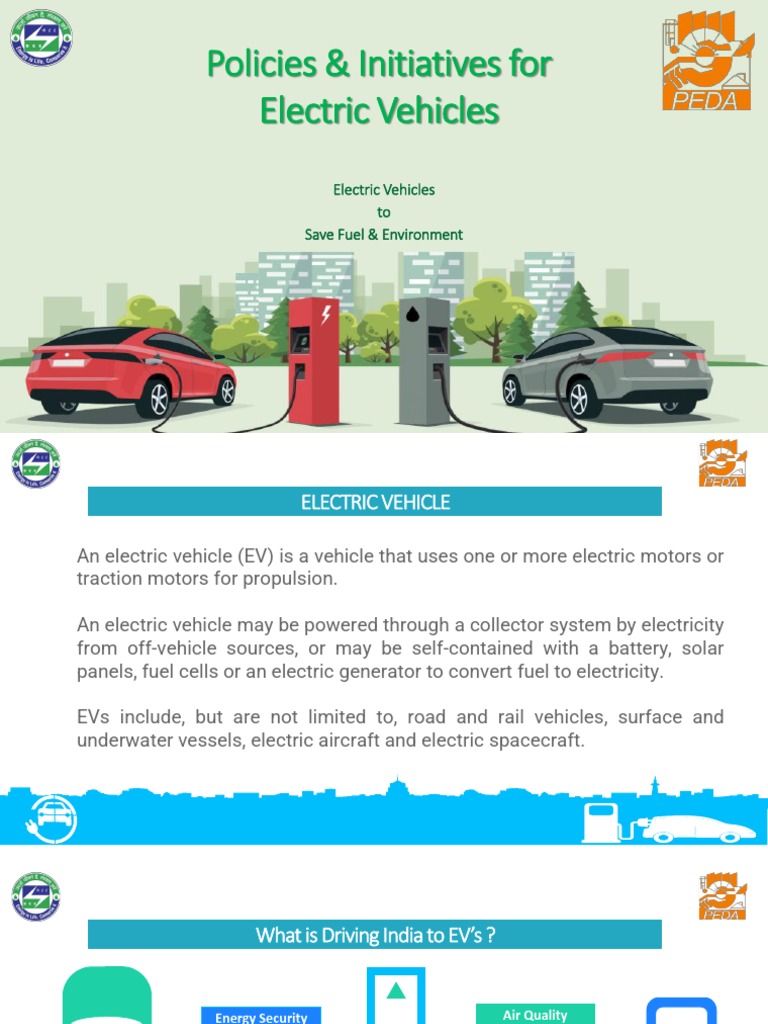Car Dealerships Step Up Pressure Against EV Mandate Policies

Table of Contents
Financial Concerns and Infrastructure Readiness
The core of car dealerships' opposition to EV mandates lies in significant financial concerns and the lack of adequate infrastructure. The transition to EVs demands substantial investment, creating a considerable burden on dealerships of all sizes.
- High upfront costs: Dealerships face steep investment costs to acquire EV inventory, which often commands higher prices than comparable gasoline-powered vehicles. This reduces profit margins and necessitates substantial upfront capital.
- Charging infrastructure gap: Widespread EV adoption hinges on a robust network of charging stations. The current infrastructure is insufficient to support a rapid shift, leaving dealerships struggling to meet the demands of EV owners and incurring further investment to install charging points on their premises.
- Reduced profitability: Many dealerships express concern about lower profit margins on EVs compared to traditional gasoline vehicles. The reduced service revenue from EVs compared to internal combustion engine (ICE) vehicles further exacerbates this issue.
- Uncertainty in consumer demand: The speed at which the market will embrace electric vehicles remains unclear, adding to the financial uncertainty dealerships face when investing heavily in EVs.
Dealerships argue that the current push for rapid EV adoption is financially unsustainable without substantial government support and clear indicators of consumer demand. The massive investment in charging stations, specialized EV servicing equipment, and staff training poses a significant hurdle, especially for smaller dealerships.
Consumer Demand and Market Readiness
Beyond financial concerns, car dealerships point to a lack of market readiness as a primary reason for their opposition to aggressive EV mandates. While EV sales are growing, significant hurdles remain in terms of consumer acceptance and preference.
- High purchase price: EVs still generally command higher purchase prices than equivalent gasoline-powered vehicles, acting as a major deterrent for many potential buyers.
- Range anxiety: The limited driving range of many EVs, compared to gasoline cars, and concerns about the availability of charging stations remain significant consumer anxieties.
- Lack of consumer awareness: Many consumers remain unaware of the benefits of EVs, or misunderstand the technology, requiring substantial education campaigns to address this knowledge gap.
- Long charging times: The time required to charge an EV remains significantly longer than refueling a gasoline vehicle, posing an inconvenience for many potential buyers.
Dealerships maintain that until these consumer concerns are adequately addressed, enforcing strict EV mandates will be premature and may stifle market growth rather than encourage it. A more balanced approach is necessary to address these challenges and foster broader consumer adoption.
Impact on Rural Dealerships and Smaller Businesses
The transition to EVs presents unique and disproportionate challenges for rural dealerships and smaller businesses. These entities often lack the resources to rapidly adapt to the changing market landscape.
- Limited charging infrastructure: Rural areas typically have sparse charging infrastructure, making EV adoption particularly challenging in these communities.
- Higher upgrade costs: Smaller businesses often face higher proportional costs to upgrade their facilities and meet the requirements of EV mandates.
- Potential job losses: The transition could lead to job losses in smaller dealerships and related service industries that are unable to adapt quickly.
The economic disparity created by the EV transition necessitates targeted support for these vulnerable businesses to prevent them from being left behind.
Alternative Solutions and Policy Recommendations
Rather than imposing strict mandates, car dealerships propose a more balanced and collaborative approach that fosters a smoother, more sustainable transition to electric vehicles. This approach involves a combination of incentives, infrastructure investment, and consumer education.
- Government subsidies and tax incentives: Providing financial incentives to consumers would significantly reduce the initial cost of purchasing EVs, making them more attractive and accessible.
- Investment in charging infrastructure: Significant government investment in a widespread, reliable charging network is crucial to alleviate range anxiety and encourage EV adoption.
- Comprehensive consumer education: Public awareness campaigns should educate consumers about the benefits, technology, and practicality of EVs to drive wider acceptance.
- Phased approach to mandates: A gradual implementation of EV mandates, allowing time for adaptation and market maturation, would mitigate the risks and challenges faced by dealerships.
By combining these strategies, governments can encourage a market-driven transition to EVs, minimizing disruption to the automotive industry and ensuring a more equitable outcome.
Conclusion
Car dealerships' opposition to stringent EV mandates arises from valid concerns about financial viability, market readiness, and potential negative impacts on smaller businesses and rural communities. A collaborative and balanced approach that includes substantial government support, significant investment in infrastructure, and a phased implementation is crucial for a successful and equitable transition to electric vehicles. Understanding these concerns is key to developing effective policies that promote both environmental sustainability and the long-term health of the automotive industry. Join the discussion and advocate for balanced solutions to the electric vehicle mandate debate.

Featured Posts
-
 Unlock Savings In Kenya With Uber One Discounted Rides And Free Deliveries
May 18, 2025
Unlock Savings In Kenya With Uber One Discounted Rides And Free Deliveries
May 18, 2025 -
 Close Game Angels Edge White Sox 1 0 Thanks To Moncada And Soriano
May 18, 2025
Close Game Angels Edge White Sox 1 0 Thanks To Moncada And Soriano
May 18, 2025 -
 Infografis Analisis Jalan Buntu Solusi Dua Negara Israel Palestina Dan Posisi Indonesia
May 18, 2025
Infografis Analisis Jalan Buntu Solusi Dua Negara Israel Palestina Dan Posisi Indonesia
May 18, 2025 -
 Damiano Davids Funny Little Fears An Album Review
May 18, 2025
Damiano Davids Funny Little Fears An Album Review
May 18, 2025 -
 Sinner Star Miles Catons Desire To Play Spider Man In The Mcu
May 18, 2025
Sinner Star Miles Catons Desire To Play Spider Man In The Mcu
May 18, 2025
